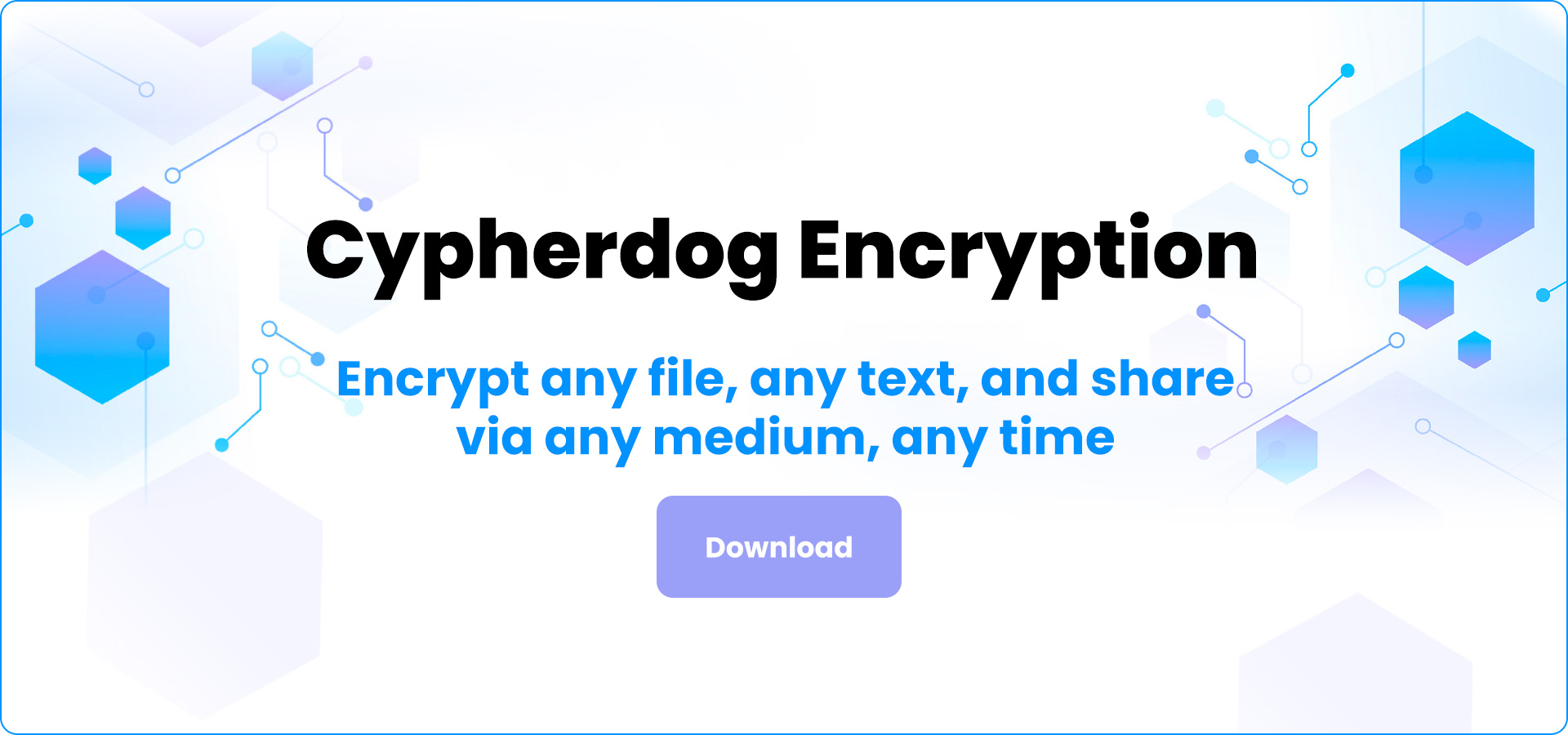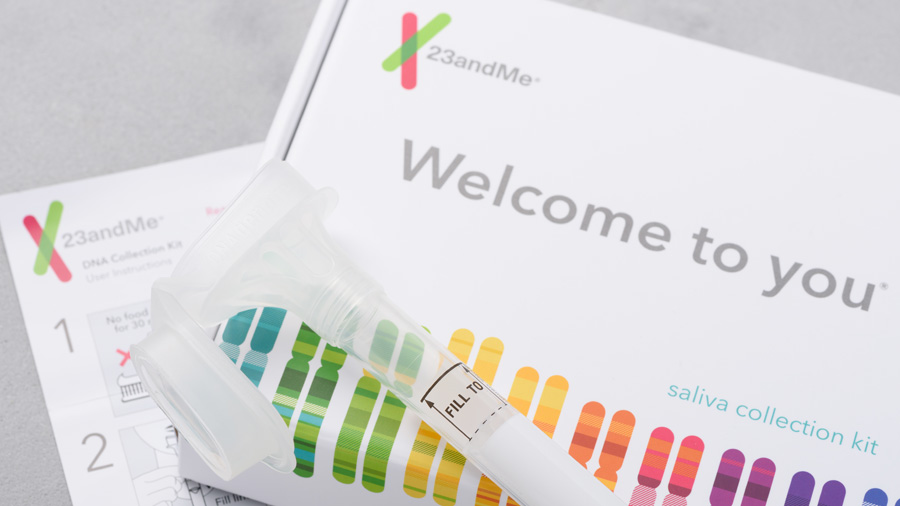The Ultimate Guide to G Suite Encrypted Email. Elevate Your Communication Security

What is G Suite
In today’s fast-paced digital age, effective communication is paramount to the success of any organization. The ability to seamlessly collaborate, share information, and maintain the confidentiality of sensitive data has become a pressing concern. Enter G Suite, a comprehensive set of cloud-based productivity tools developed by Google, designed to enhance workplace productivity, foster efficient collaboration, and elevate communication security.
G Suite, initially launched as Google Apps for Your Domain in 2006, has rapidly evolved into a versatile suite of applications tailored for businesses, educational institutions, and non-profit organizations. It encompasses an array of integrated cloud-based tools, including Gmail, Google Drive, Google Docs, Google Sheets, Google Slides, Google Calendar, and more, providing a cohesive ecosystem for streamlined communication and productivity.
At its core, G Suite offers a cloud-based email and collaboration platform powered by Gmail, which has revolutionized the way organizations manage their electronic correspondence. With over 1.5 billion users worldwide, Gmail has emerged as one of the most popular email services, and its integration within G Suite brings forth a multitude of benefits.
What is encryption and why it is necessary even in G Suite
Encryption is the process of converting plain, readable data into an encoded form that can only be deciphered by authorized recipients. It involves the use of cryptographic algorithms to scramble information, rendering it unreadable to anyone without the corresponding decryption key. Encryption serves as a crucial component of information security, and its necessity extends even to platforms like G Suite.
In the context of G Suite, encryption plays a vital role in ensuring the confidentiality and integrity of sensitive data. While G Suite already incorporates robust security measures, such as two-step verification and spam detection, encryption adds an extra layer of protection. It safeguards information from unauthorized access, both during transmission and when stored in the cloud.
One of the primary reasons encryption is necessary within G Suite is the potential risks associated with data interception. During email transmission, data travels through various network nodes, which introduces the possibility of eavesdropping or interception by malicious entities. By encrypting email communication, the information becomes unreadable to anyone attempting to intercept it, thus safeguarding the content from unauthorized eyes.
Moreover, encryption is essential for protecting data stored within G Suite applications, such as Google Drive. Cloud storage presents its own set of security concerns, and encryption mitigates the risk of data breaches or unauthorized access. With encryption in place, even if an unauthorized individual gains access to the stored data, they would be unable to decipher its contents without the decryption key.
Encryption also plays a crucial role in compliance with data protection regulations and industry standards. Many organizations are subject to specific legal requirements, such as the General Data Protection Regulation (GDPR) in the European Union or the Health Insurance Portability and Accountability Act (HIPAA) in the healthcare industry. Encryption helps organizations meet these obligations by ensuring that sensitive data is adequately protected and not easily accessible to unauthorized individuals.
In the event of a security breach or unauthorized access, encryption helps minimize the potential damage. If encrypted data falls into the wrong hands, it remains unreadable and unusable without the corresponding decryption key. This aspect of encryption provides organizations with a measure of control, reducing the risk of significant data breaches or the compromise of sensitive information.
Furthermore, encryption within G Suite enhances trust and confidence among users. By demonstrating a commitment to data security through encryption, organizations can foster a sense of assurance among their employees, clients, and stakeholders. It shows that measures are in place to protect sensitive information and that privacy is a priority. This can be particularly important for industries that deal with highly sensitive data, such as finance, healthcare, or legal sectors.
Why are my emails not secure
Despite the security measures implemented within G Suite, emails are not inherently secure due to various factors that can potentially compromise their confidentiality and integrity. While G Suite incorporates encryption for data transmission and storage, there are several aspects to consider that contribute to the lack of absolute security in email communication.
Firstly, the security of emails can be compromised during transit. When an email is sent, it travels through various network nodes before reaching the recipient’s inbox. During this journey, the email passes through multiple servers and network connections, increasing the risk of interception or eavesdropping. Without encryption, these intermediaries can potentially access and view the contents of the email, compromising its confidentiality.
Furthermore, emails are vulnerable to attacks such as man-in-the-middle (MITM) attacks. In a MITM attack, a malicious actor intercepts the communication between the sender and recipient, allowing them to eavesdrop on the conversation or manipulate the content of the email without the knowledge of either party. Encryption is crucial in mitigating the risks associated with MITM attacks, as it renders intercepted emails unreadable and unusable to unauthorized individuals.
Another aspect to consider is the security of the recipient’s email account. While G Suite incorporates robust security measures to protect user accounts, there is always a possibility of compromised credentials or unauthorized access. If an attacker gains access to the recipient’s email account, they can potentially read and misuse the content of the emails, even if they were transmitted securely. Encryption adds an extra layer of protection, ensuring that even if unauthorized access occurs, the contents of the emails remain encrypted and unreadable without the decryption key.
Additionally, human error can also contribute to the insecurity of emails. Users may inadvertently send sensitive information to the wrong recipient or fall victim to phishing attacks, where attackers trick individuals into divulging their login credentials or other confidential information. While encryption cannot directly prevent human errors or phishing attacks, it can safeguard the content of the emails, preventing unauthorized parties from accessing and misusing the information.
It is important to note that while G Suite employs encryption measures to protect emails during transmission and storage, the level of security ultimately depends on the configuration and practices of individual users. Users must ensure they utilize strong, unique passwords, enable two-step verification, and follow best practices for email security to maximize the security of their G Suite accounts.
In conclusion, emails are not inherently secure, even within G Suite, due to various factors that can compromise their confidentiality and integrity. Encryption plays a crucial role in addressing these vulnerabilities, protecting emails from interception, manipulation, and unauthorized access. While G Suite incorporates encryption measures, users must also adopt secure practices and remain vigilant to ensure the highest level of email security within the G Suite environment.
How can I tell if an email is secure or not
Determining the security of an email requires careful observation and consideration of several key factors. While it may not be possible to ascertain the security of an email with absolute certainty, there are indicators that can help you assess its level of security.
One of the first things to look for is whether the email is encrypted. Encryption adds a layer of protection by scrambling the content of the email, making it unreadable to unauthorized parties. If an email is encrypted, it indicates that the sender has taken steps to protect the confidentiality of the message. Cypherdog Encryption will help you encrypt any type of content and attachments, not only in G Suite. Try the free version to see for yourself.
Another aspect to consider is the sender’s email domain. Legitimate organizations and reputable email providers often have their own domains, which adds a level of credibility to their emails. Be cautious when receiving emails from suspicious or unfamiliar domains, as they may be indicative of phishing attempts or fraudulent messages.
Pay attention to the email’s content and formatting. Emails that request sensitive information, such as passwords, credit card details, or Social Security Numbers, should be treated with skepticism. Legitimate organizations typically avoid asking for such information via email and instead provide secure alternatives for sensitive data exchange. Be cautious of emails that employ urgency or create a sense of panic, as these tactics are often used in phishing attempts to trick recipients into divulging personal information.
Look for signs of authentication, such as digital signatures or DKIM (DomainKeys Identified Mail) signatures. These cryptographic measures provide a way to verify the authenticity of the sender and ensure that the email has not been tampered with during transmission. If an email includes a valid digital signature or DKIM signature, it enhances the trustworthiness of the communication.
Furthermore, exercise caution when opening email attachments. Malicious attachments can contain malware or viruses that can compromise the security of your device and network. If you receive an email with unexpected attachments or from an unknown sender, it is advisable to refrain from opening them until you can verify the legitimacy and security of the email.
Ultimately, trust your instincts and employ common sense when evaluating the security of an email. If something feels off or raises suspicion, it is best to err on the side of caution and refrain from interacting with the email or providing any sensitive information.
While these indicators can assist in assessing the security of an email, it is important to note that they are not foolproof. Sophisticated attackers can employ techniques to mimic legitimate emails and bypass security measures. Therefore, it is crucial to stay informed about current email security best practices, use reliable email clients and providers, and remain vigilant to potential threats in order to ensure the highest level of email security.
You can now easily encrypt your emails in Gmail and stay safe
With Cypherdog Encryption, you can now add an additional layer of security to your Gmail emails by easily encrypting them, ensuring the safety and privacy of your communications.
Cypherdog Encryption is a robust encryption solution that seamlessly integrates with Gmail, empowering users to encrypt their emails effortlessly. By implementing Cypherdog Encryption, you can protect your sensitive information from unauthorized access, interception, and tampering.
The encryption process with Cypherdog Encryption is user-friendly and does not require extensive technical knowledge. Simply install the Cypherdog Encryption extension or add-on for Gmail, and you will have access to powerful encryption features within your email client.
When composing an email in Gmail, you can now encrypt it with just a few clicks. Cypherdog Encryption employs advanced encryption algorithms and key management systems to secure your messages, attachments, and any embedded images. This ensures that only the intended recipient, with the appropriate decryption key, can access and read your encrypted email.
With Cypherdog Encryption, you gain peace of mind knowing that your confidential information remains protected throughout its transmission and storage. Even if your email is intercepted during transit, the encrypted content will remain unreadable to unauthorized individuals.
In addition to email encryption, Cypherdog Encryption offers additional features to enhance your communication security. The solution enables secure file sharing, ensuring that your shared documents and attachments are encrypted and protected.
By incorporating Cypherdog Encryption into your Gmail workflow, you can elevate your communication security and take control of your data privacy. Safeguard your sensitive information, comply with regulations, and enjoy the peace of mind that comes with knowing your emails are secure.
Protect your Gmail emails today with Cypherdog Encryption and embrace a new level of safety and privacy in your electronic communication.


